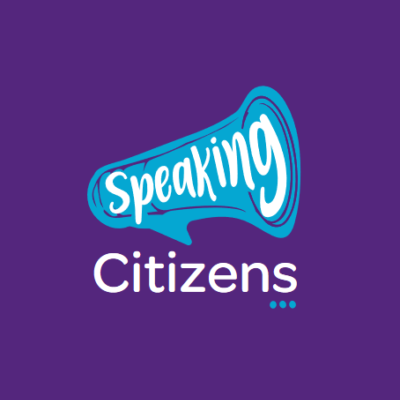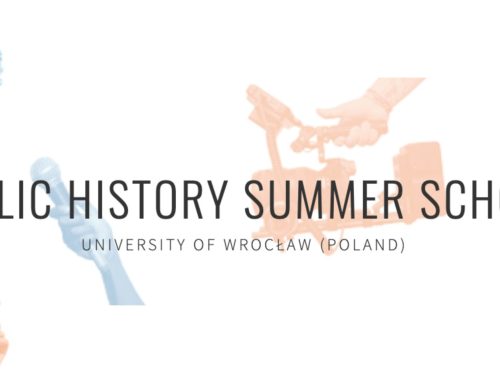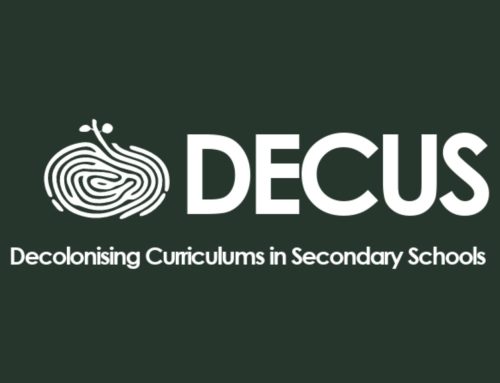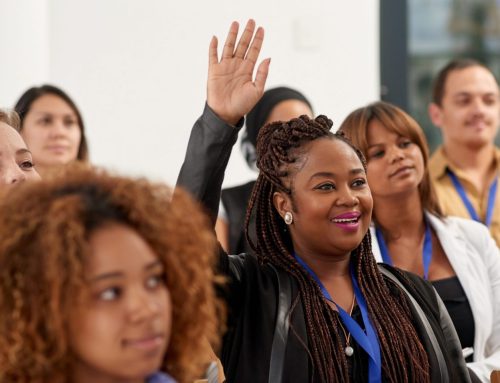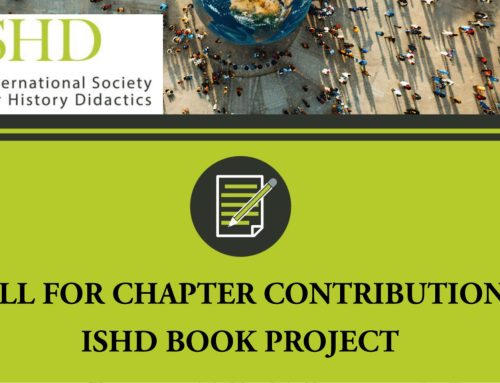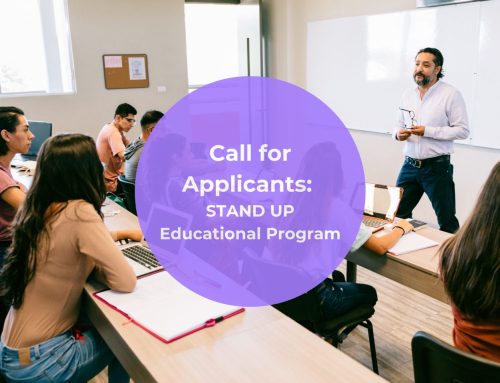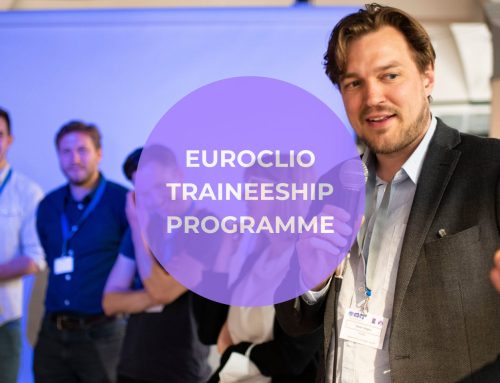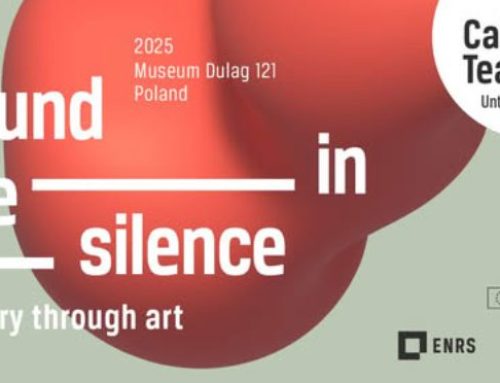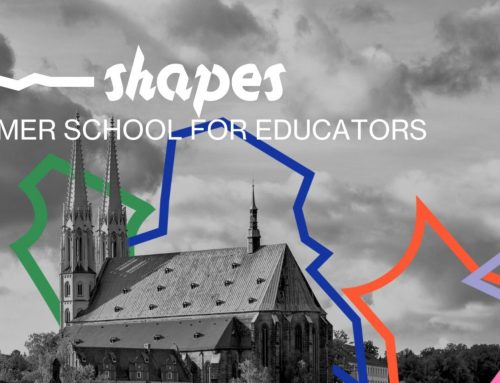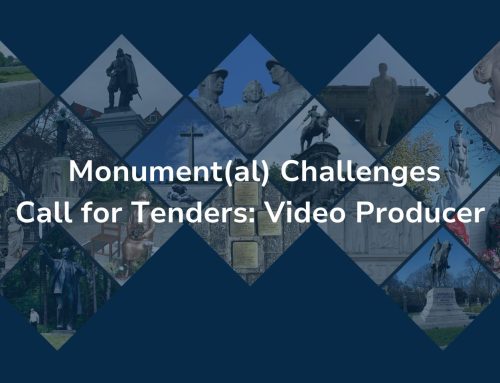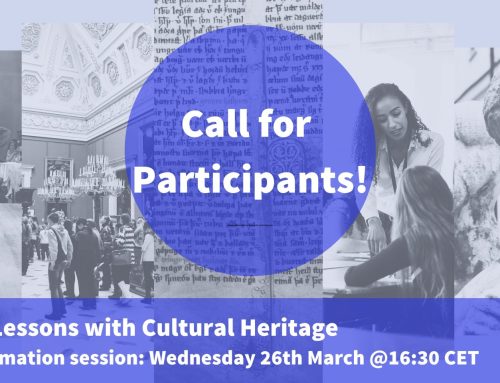Speaking skills in Britain are under sustained threat. We want to help change that.
We are a group of historians and social scientists exploring ideas about speech and citizenship in modern Britain. Our aim is find out more about attitudes to speaking from the Victorian period to the present. Working with primary and secondary teachers, the English Speaking Union, Oracy Cambridge, Voice 21 and the All Party Parliamentary Group on Oracy, our aim is to provide new evidence for how citizenship can be taught through a focus on talk and dialogue.
We believe that oral skills are being side-lined in British state schools. Digital technology is contributing to a decline in face-to-face communication. With automation and Covid-19 set to transform the economy, the future workforce will need communication skills more than ever. This is especially the case if they are to become the active, responsible, participatory and global citizens envisioned by contemporary educational policies. Now is a critical time for citizenship, a moment at which ordinary people’s voices need to be heard, and the training for speaking citizens begins in schools.
The Speaking Citizens project is funded by the Arts and Humanities Research Council and based at the University of Sussex. It runs for three years (2020-2023). It brings together an interdisciplinary team of researchers:
Dr Tom Wright is Principal Investigator and a Senior Lecturer in English at the University of Sussex. Tom will investigate what we can learn from the role of ideas about speech in Victorian-era progressive education, labour movements, ‘elocution’ and women’s suffrage.
Dr Arlene Holmes-Henderson is a Senior Research Fellow and Classicist at the University of Sussex. Arlene is researching the conceptions of citizenship in UK education policies (and to what extent they expect ‘speaking citizens’), developing teaching resources, and leading the project’s outreach activities across UK schools.
Dr Hester Barron is a Senior Lecturer in History at the University of Sussex. Hester is exploring how educators approached the reform of students’ voices during the interwar elementary school classroom.
Professor Stephen Coleman is a Professor of Political Communication at the University of Leeds. Stephen will be using methods of political ethnography to explore contemporary practices of spoken interaction in non-formal contexts on the subject of politics.
Dr Stuart Dunmore is a Postdoctoral Researcher in Sociolinguistics, University of Sussex. Stuart’s contribution to the Speaking Citizens project will examine obstacles to the development of bilingual oracy within the Gaelic-medium education sector in Scotland.
Professor Richard Willis is an Honorary Research Professor, University of Sussex. Richard’s research for the Speaking Citizens project evaluates how oracy, speech, and rhetoric have contributed to educational status and opportunity, particularly against a backdrop of Victorian pioneering work and policy.
At the core of our project is making our research useful to practitioners. We have an advisory group of teachers, teacher educators and representatives from charities which will help us to shape our findings to be fit for purpose in the classroom. All learning and teaching resources will be freely accessible online.
The project will hold a virtual international conference in January 2022. Our work will culminate in 2023 with policy presentations at the Department for Education and a special session at the House of Commons.
We are eager to connect with researchers, activists and practitioners working on similar themes internationally who may be interested in contributing to our blog or our conference. You can view our project aims and research questions on our website: https://speakingcitizens.org/our-aims/
Please contact us at: mail@speakingcitizens.org
Written by Dr Arlene Holmes-Henderson, Senior Research Fellow, University of Sussex.

